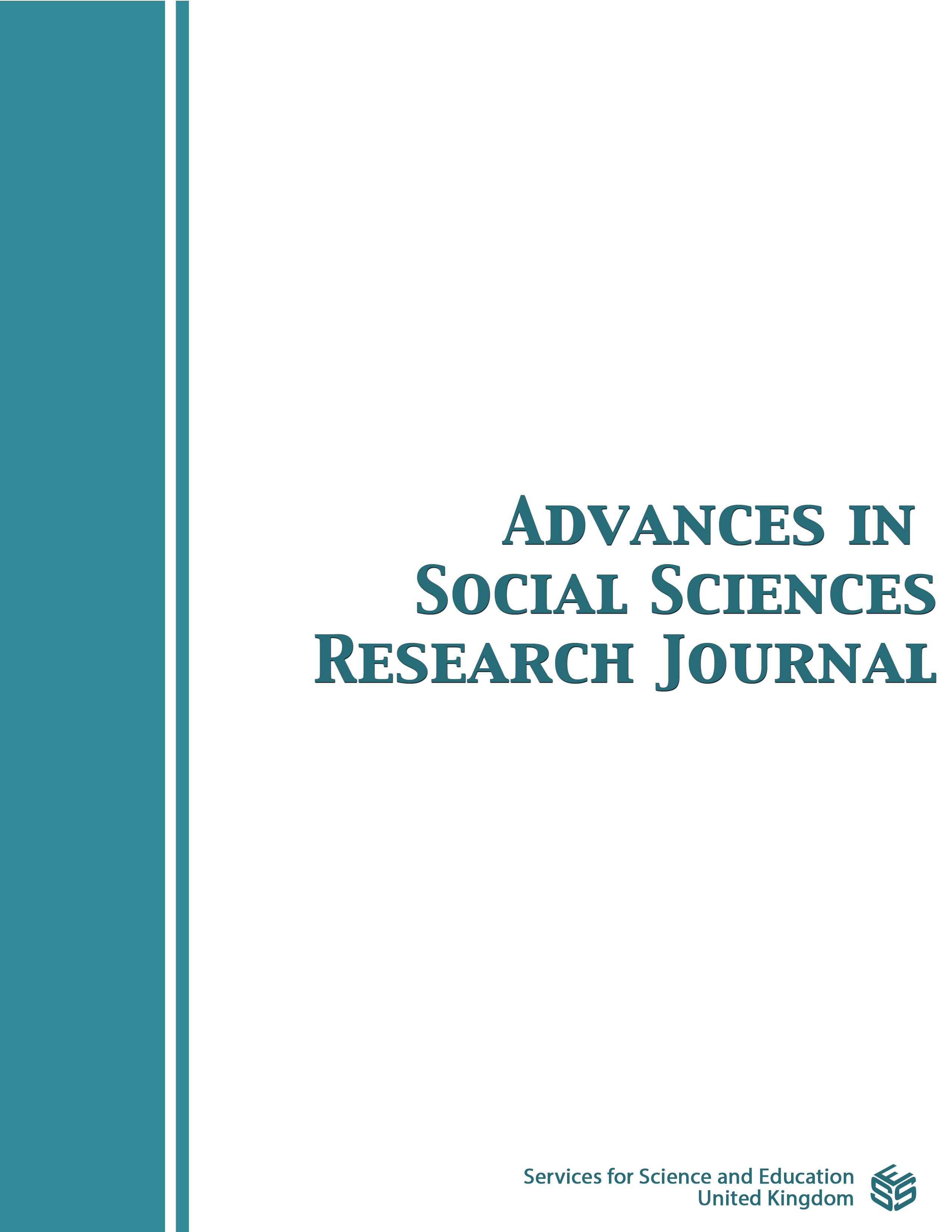Revocations of Notary Deeds by Courts from the Perspective of Legal Certainty in Indonesia
DOI:
https://doi.org/10.14738/assrj.102.13756Keywords:
revocation of notarial deeds, legal certaintyAbstract
Article 1870 of the Civil Code states that an authentic deed provides, between parties and their heirs or persons who have rights from them, a perfect proof of what is contained therein. Thus, an authentic deed which is concluded by a notary will be a perfect proof for the parties. In the making of an authentic deed, in order to make it a perfect proof, a notary must hold fast to Law of Notarial Position and notarial code of ethics. The research method used in this study is by using primary and secondary data. Primary data were obtained through in-depth interviews with several respondents who are notaries in Indonesia; and secondary data were obtained through documentation study. The results showed that there was a fact where many notarial deeds were revoked by the Court because the process of the making the deeds in question was not in accordance with the Law of Notarial Position and notarial code of ethics. The role of the notary in civil law actions is supposed to guarantee legal certainty for the parties (the appearers) in civil law actions, which is by constating or concluding deeds.
Downloads
Published
How to Cite
Issue
Section
License
Copyright (c) 2023 cipto, Dewi Kania

This work is licensed under a Creative Commons Attribution 4.0 International License.
Authors wishing to include figures, tables, or text passages that have already been published elsewhere are required to obtain permission from the copyright owner(s) for both the print and online format and to include evidence that such permission has been granted when submitting their papers. Any material received without such evidence will be assumed to originate from the authors.






